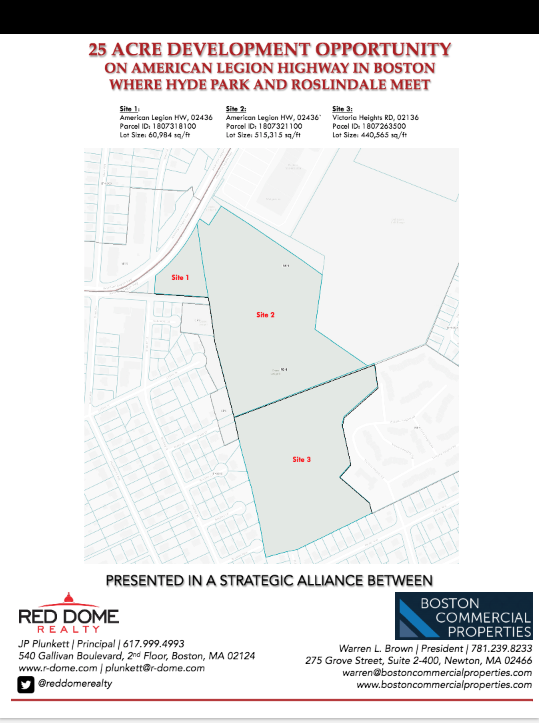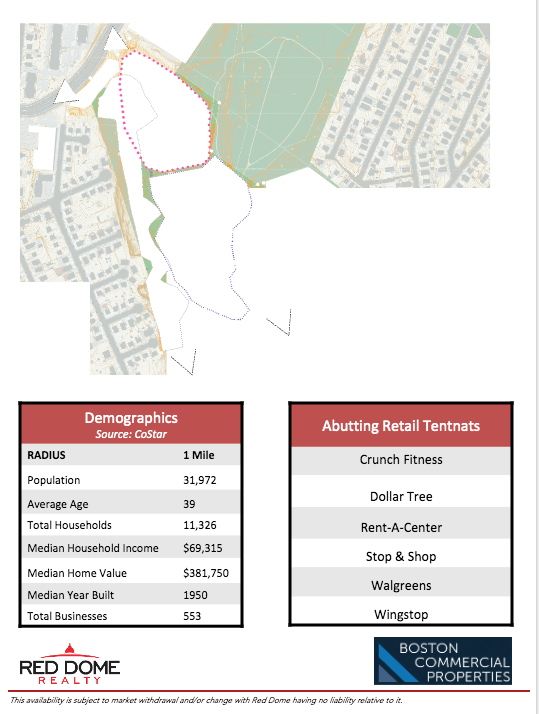 1/8/19
1/8/19
The risks to the downside for the commercial real estate market are currently outweighing the upside as negative indicators have increased. The first obvious concern is the return of high volatility with selling pressure in the equity markets. For 2018, the Dow was at -5.97%, S&P -6.24% and NASDAQ -4.38%. The S&P closed the year near bear market territory from recent highs. Now stock market sell offs are not necessarily an indicator of future economic slowdown, but the shock may lead to one in the near future as other economic factors mount. Current volatility may be similar to that of 2016, and we are just not used to the current roller coaster ride as the market in 2017 was so benign. We may be experiencing asset repricing as markets may have gotten ahead of accurate valuations. If assets do reprice to depressed levels, the impact on the psychology of investors will weigh on the overall economy.
Further, as Neil Irwin mentioned in his Boston Globe column on 12/25/18: “The sense of doom & gloom and pessimism has gotten ahead of the facts on the ground….[the economy may be] returning to old new normal of moderate economic growth that was completely normal from 2010 to 2017. ” However, there seems to be a “crisis in confidence.” On that latter note, there is a palpable sense of declining confidence in the political realm. Investment bank RBC Capital markets surveyed big investors in December about what kept them up at night,and Trump topped the list. Interest rates and trade war ranked second & third (Reference: 1/2/19 Boston Globe). Indeed, the irrational tweeting by the President along with misguided statements made by Treasury Secretary Mnuchin rocked equity markets at year end and left investors with a sense of a vacuum of leadership in the Executive branch which is not a good thing for financial markets. Equity markets do not like uncertainty and the uncertain political climate along with economic conditions will continue to weigh investors minds.
Other concerns include an inverted yield curve which has frequently in the past preceded recessions, future rate hikes by the Federal Reserve, Fed unwinding of its bond purchase program which tightens money supply, corporate earnings (e.g. Apple), slowing Chinese economy, trade war concerns, continuing U.S. government shutdown, weak ISM Manufacturing Index report, slowing service sector, unstable Brexit process, slowing European economies and record high corporate debt as companies feasted on historically low interest rates to finance expansion. Corporations may now look to correct their balance sheets, seek to trim expenses and cut back on hiring. On the trade war front, mark your calendar for March 1st which is the deadline for the U.S. and China to resolve trade differences.
In spite of concern of political leadership and the aforementioned indicators, other economic fundamentals appear to be very strong. Mainly employment is very a strong – a major factor of the economy. The December unemployment report indicated 312,000 jobs created which is a very strong number and far exceeded expectations but wages increased a strong 3.2%. While inflation is still under control, with rising wages, expect the Federal reserve to continue tightening short term interest rates which will have a negative effect on the mood on Wall Street and create a drag on the economy.
Let’s take a look at the current state of the residential market which is a main driver of the domestic economy. Locally, the Warren Group just reported pretty strong conditions. November showed both sale prices and sales volume at all time highs for the month of November. The median sale price for a single family home in Massachusetts is $385,000. But sale price increases are rising at a slower rate than earlier in 2018. With continued low levels of inventory, prices are reaching a point where many buyers cannot afford to buy. The condo market is experiencing increase in supply. In Boston, luxury home sales actually fell 4.7% in Q3 to an average of sale price of $3.6m (Source: The Warren Group). Anecdotally, my colleagues in the residential real estate industry report that homes are sitting on the market longer with fewer offers received.
In New York City, a correction has been underway for a while as in some cases, sellers have taken a haircut of 30%. The median price for a Manhattan apartment fell below $1m. This is the first time below this level since 2015 (Source: The Warren Group).
The residential market will likely begin to feel softer as more homes are put on the market. This will lessen the rise in sale prices and stabilize the market. The reality is the residential real estate market has been extremely tight for an extended period of time, is not sustainable and is cyclical. Expect supply to increase and softening in the residential real estate market with gradual decrease in median sale prices. As the residential market softens, expect the economy to slow given the huge impact the residential market has on the overall U.S. economy.
As with the economy and residential real estate market, the commercial real estate sector is cyclical, an eventual downturn is inevitable and expect commercial real estate to begin to soften this year. As interest rates rise, capitalization rates will rise thus lowering overall valuations. As companies seek to clean up their balance sheets, expect belt tightening, restraint on expansions and reduction of head counts. This will curtail demand for new space overall. Vacancy rates will begin to rise and the recent trend of lease rate increases will flatten out. The greater Boston economy has proven to be resilient with diverse industries including defense, biotech, enterprise, cyber security, fintech, education and healthcare. This resiliency will soften the blow of any downturn locally but weakening conditions will develop nevertheless.
Contact me to further discuss any questions and to review your specific space requirements to find the best solution to your needs and to provide a steady hand during turbulent times.
Warren Brown, President, Boston Commercial Properties, Inc.




